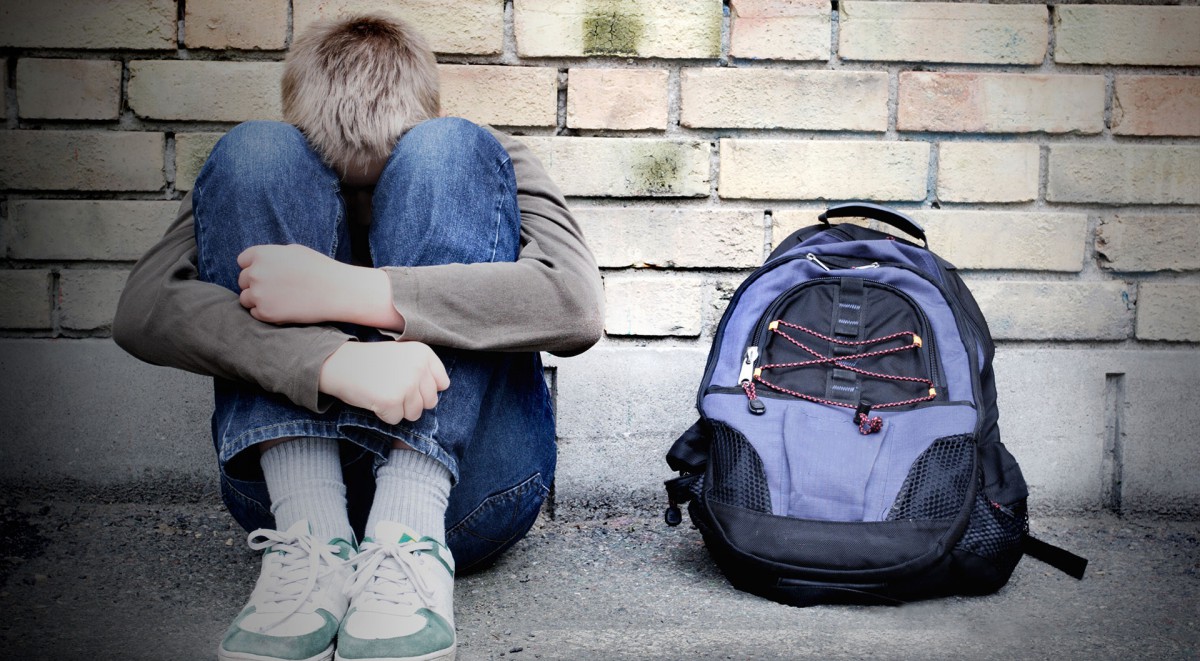
As the end of August approaches, as a parent or carer, you will be preparing for your child to start back to school or transition to a new school in September. We hope that you and your child find it a positive and fulfilling experience.
With each new school year there is always a lot of information for you and your child to absorb and a lot to find out about on many different issues. If bullying happens to be one of those issues, we’ve devised a quick checklist to use when working with your school.
All children have the right to an education, a right to have their views, wishes and opinions sought and taken into account in matters affecting them and a right to be safe and protected from maltreatment. Having parents and carers who can uphold their rights, know what to do and who to talk to when their child is being bullied can make all the difference in your child’s life when they are experiencing bullying.
What is bullying?
The Northern Ireland Anti Bullying Forum (NIABF) defines bullying as the repeated use of power by one or more persons intentionally to hurt, harm or adversely affect the rights and needs of another or others. Bullying is a form of unacceptable behaviour however it is important to remember that not all unacceptable behaviour is in fact bullying. Bullying behaviour has three key elements:
-
It is repeated behaviour over a period of time
-
It involves an imbalance of power
-
It is intentionally hurtful behaviour
Working with your child’s school
It can be a difficult and emotive subject if your child expresses that they are experiencing bullying behaviours. As a parent or carer, you will want to do your best for your child, advocate for them and act in their best interest. In order to do this it is important to be informed and work with your child’s school as closely as possible, documenting what steps you have taken along the process. NIABF recommends that you follow the steps in the following checklist when working with your child’s school when you think your child is experiencing bullying behaviours:
- Ask for and follow your child’s school Complaints Procedure
- Follow the “What is Expected from Parents” section in “Reporting bullying concerns to your child’s school”
- report incident to class teacher/Head of Year
- report incident to the Principal
- report incident to the Board of Governors
- Consult NIABF Parent/Carer Toolkit for tips and suggestions
- Ring Parenting NI and/or Children’s Law Centre for advice and support
- Contact your nearest Education Authority Behaviour Support Team for advice
Only when all of the above options have been explored and exhausted should parents/carers contact the Northern Ireland Public Services Ombudsman (NIPSO). This office now has the power to investigate potential maladministration on many issues including complaints about the way a bullying incident was handled by a particular school. Parents/carers have the right to use this independent office as a means of last resort.
Your child’s school will want to work with you in your child’s best interest. Don’t be afraid to ask for help or for processes and procedures to be explained if you don’t understand first time around. Bullying behaviours can be a sensitive and difficult subject for you, your child and their school but by working in a collaborative way, bullying can be tackled together.
